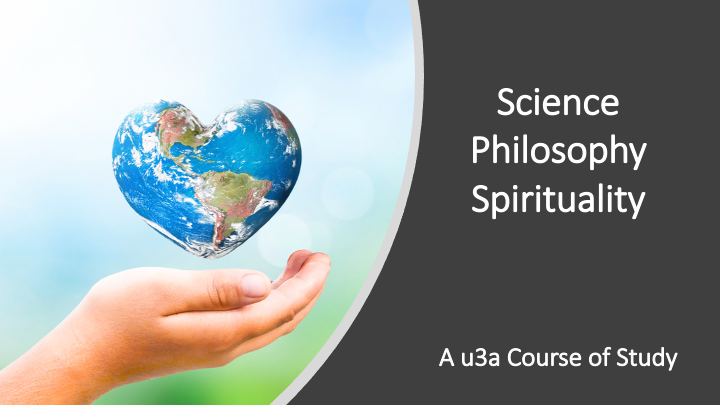
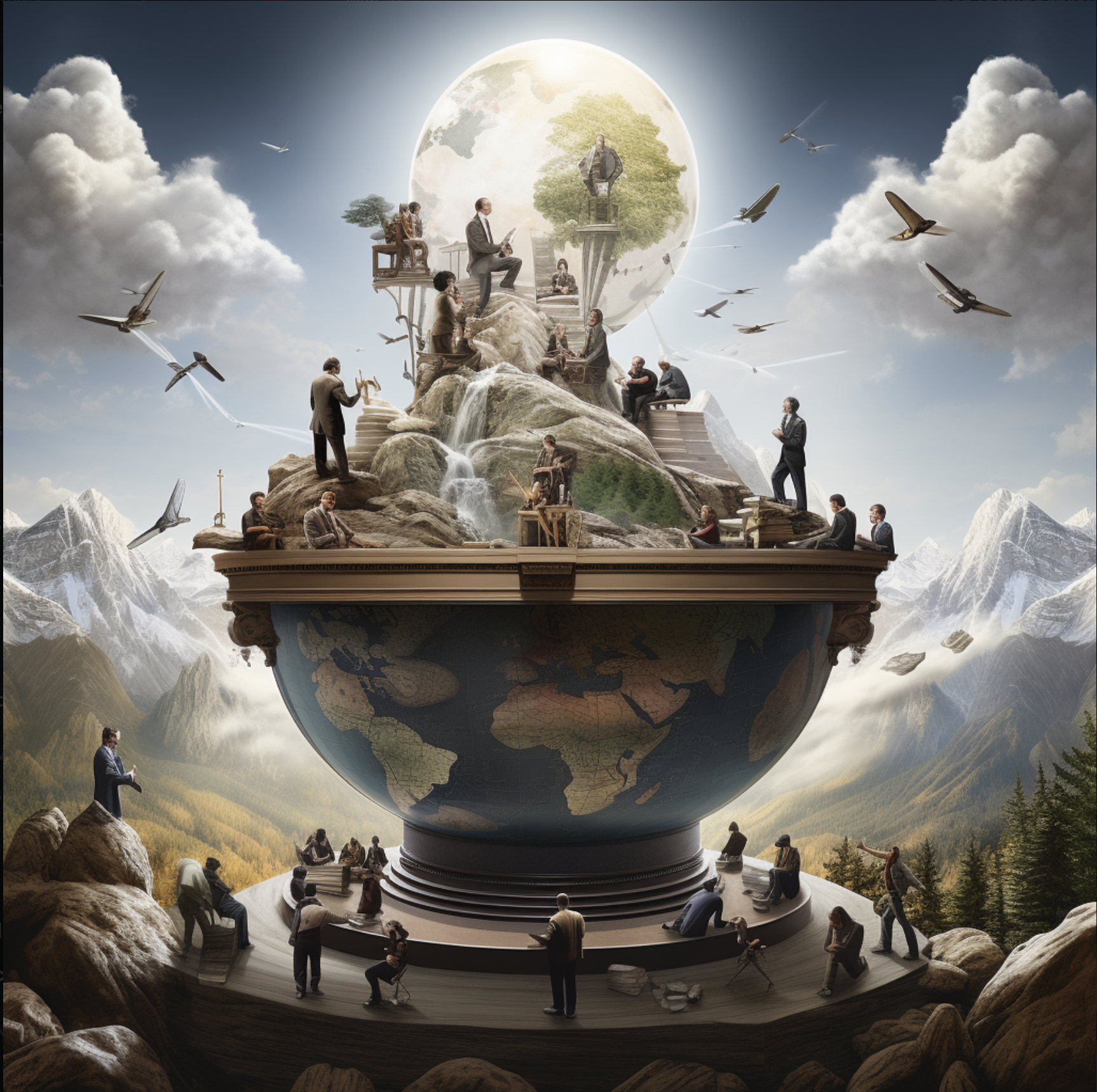
Click HERE to watch a silent slideshow of the 2024 course curriculum.
This is the Home Page for a course of seminars delivered between November 2022 and November 2023. It will form the foundation for a second series of seminars that re-examines many of the ideas from the first series. The new series commences in January 2024. You can read an article describing the second series by clicking on the following link: “From Pythagoras to Particle Physics“.
Click on any of the blocks below to link to the course material on that topic from Season 1. If the module has not yet been delivered, clicking its picture will link to a book or article relevant to the module.
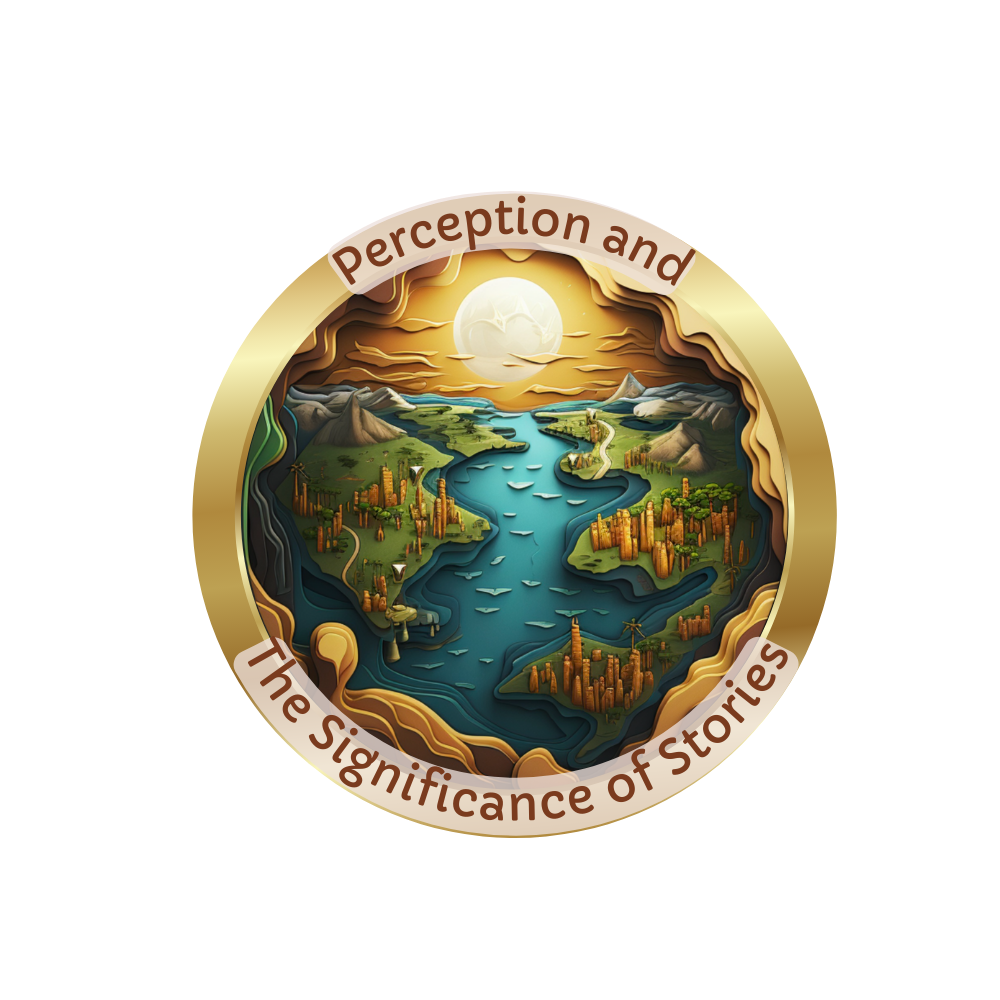
Resources: The Stories we Live By
It is easy to take stories for granted, but they are an essential and unique element of human life. They are all around us; they shape our personalities and are the glue that binds groups of us together. In a genuine sense, they form our windows into the world. But each of us has our own unique set of windows, and they are more like “stained glass windows” or even a fairground “house of mirrors” than panes of undistorting glass. So, even though there is a shared physical reality in which we all live, we all perceive it differently. Unfortunately, these differences in perception not only encourage tribalism and lead to conflict. They also allow us to persist in a collective lifestyle that severely threatens human life as we know it on our home planet.
Click on this link to view the resources used in the first module of this course.
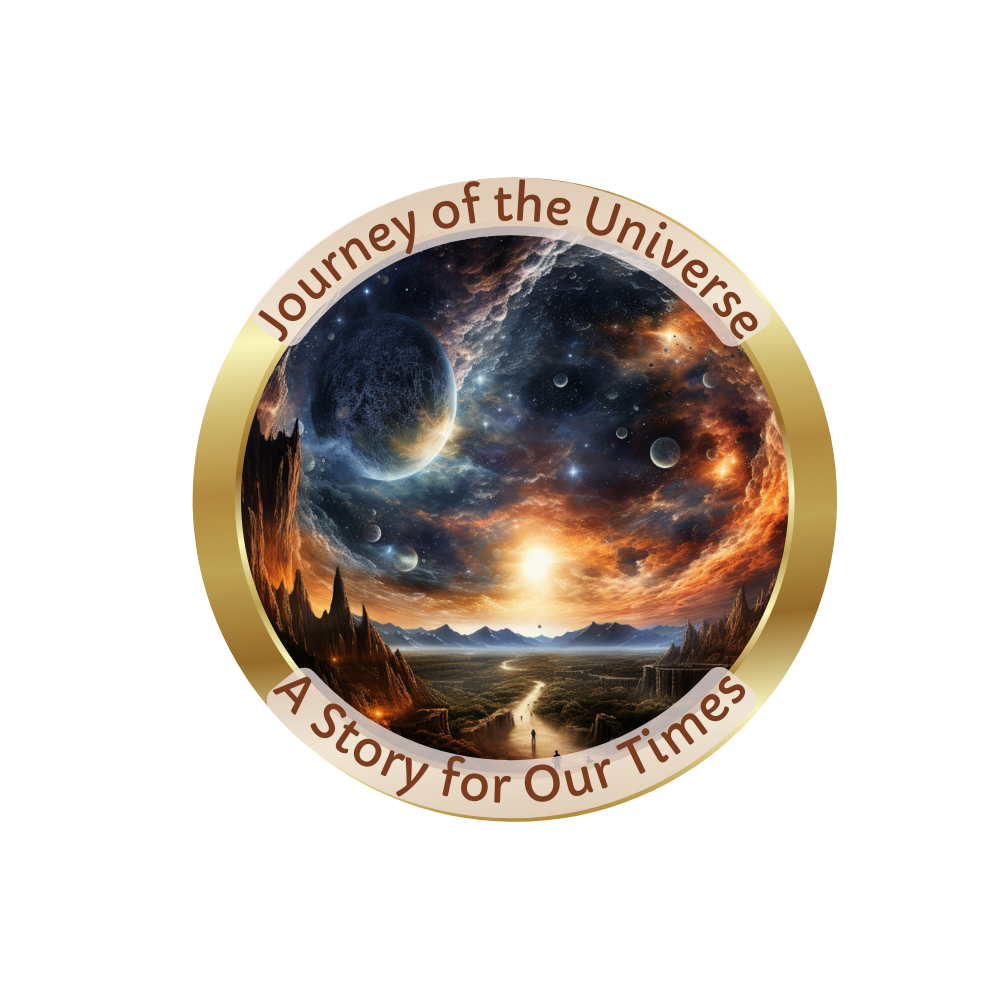
Resources: Journey of the Universe
Thomas Berry (1914 – 2009) argued passionately that we need a New Story that provides a shared meaning for humankind of whatever faith (or none) to pursue their different activities as fruitful and responsible members of the earth’s community. “Journey of the Universe” offers an account of the Universe’s odyssey from the big bang right up to the present day, based on the latest scientific understanding of how the cosmos has formed. “Our human destiny is to become the heart of the universe that embraces the whole Earth community.”
Click anywhere in this box to visit a web page containing resources to support the module that was delivered in December 2022.

Resources: The Geography of Thought.
Modern Science arose within a context dominated by Western Philosophy with its roots in ancient Greece, as we will see in later units of this course. Eastern Philosophy, with its roots in ancient Chinese thought, makes very different assumptions about the nature of reality. This unit compared and contrasted these contrasting views of the world.
Click anywhere in this box to visit the resources used and referred to in the module, which we delivered on the 4th and 18th of January, 2023.
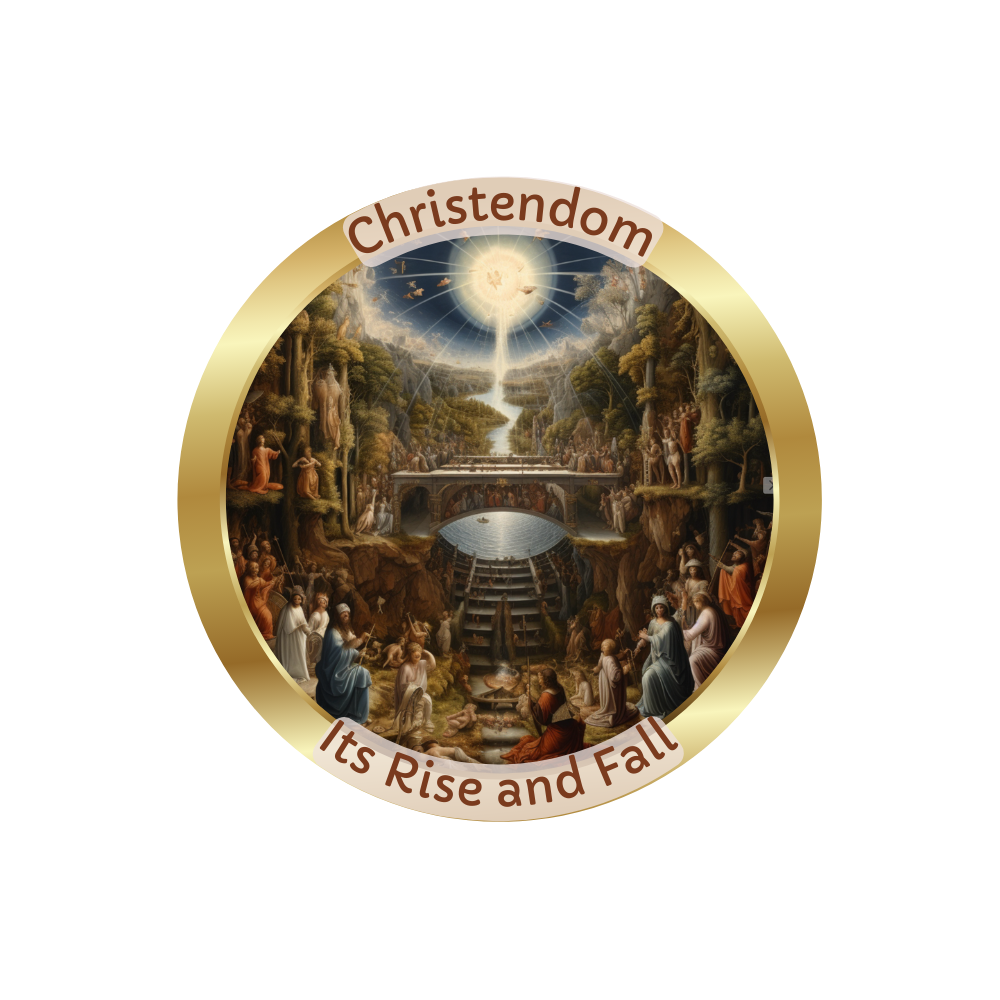
Resources: The Rise and Fall of Christendom
Under the aegis of the Roman Empire, early Christianity morphed into Christendom and incorporated ideas from Greek philosophy. These composite ideas spawned the ‘natural philosophy’ that later became modern science. The Black Death, the Renaissance and the Enlightenment nurtured science and simultaneously planted the seeds of Christendom’s destruction. In Europe, and consequently in America after its colonization by Europeans, Christendom helped shape the culture from which the world as we know it today emerged.
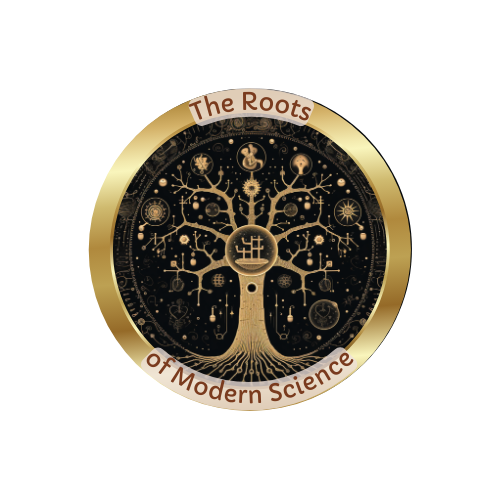
Resources: The Roots of Modern Science
This module deals with humanity’s search for knowledge during the period between the fall of Rome in 476 BCE and the Italian Renaissance in the 14th and 15th centuries. In Western Europe it was marked by a gradual shift from a focus on religion and theological studies towards a renewed interest in classical learning, humanism, and scientific inquiry. This period is often referred to as ‘Medieval’ or ‘the Middle Ages’, and it saw the rise of scholasticism, the development of Christian theology and philosophy, and the spread of Islamic scientific knowledge to Europe.
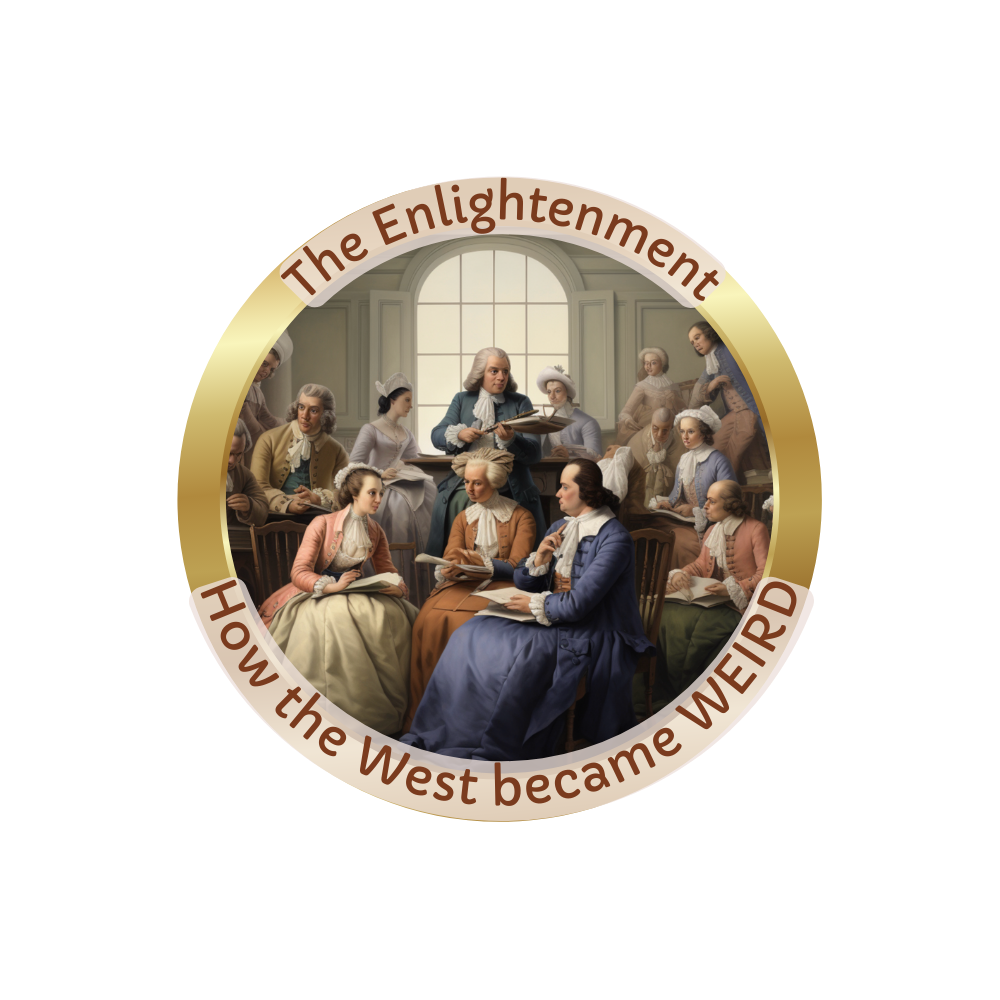
Resources: The Emergence of the Modern World
The seventeenth and eighteenth centuries, often known as ‘the Age of Reason’ were dominated by a movement of thought known as ‘the Enlightenment’, which followed closely on the heels of ‘the Scientific Revolution’. It produced scientists such as Galileo Galilei, Johannes Kepler, Wilhelm Leibnitz and Isaac Newton and philosophers like Rene Descartes, David Hume, John Locke and Immanuel Kant. And it led to world-shaping events such as the French Revolution and the American War of Independence. In this module, we discovered just how relevant the period was to many of the challenges facing the World today.
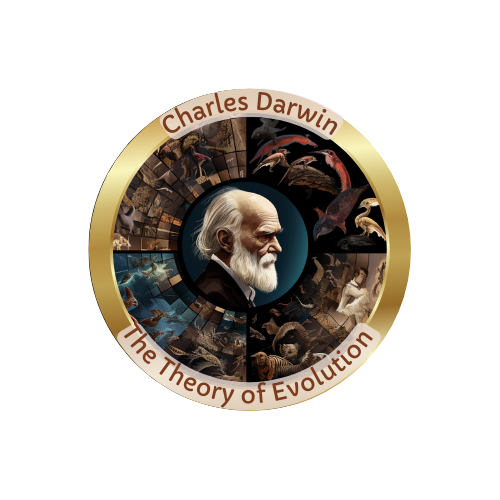
Resources: Darwin and the Theory of Evolution
Science has proved to be a highly successful way of finding out how things work, and scientific theory is central to the practice of science. When Charles Darwin first published the theory of ‘natural selection’ in 1859, there were many gaps in the evidence to support it. In more than 160 years since then evidence from genetics, medical science and ecology have all substantiated the theory, so that an eminent biologist could claim that “nothing in biology makes sense except in the light of evolution.”
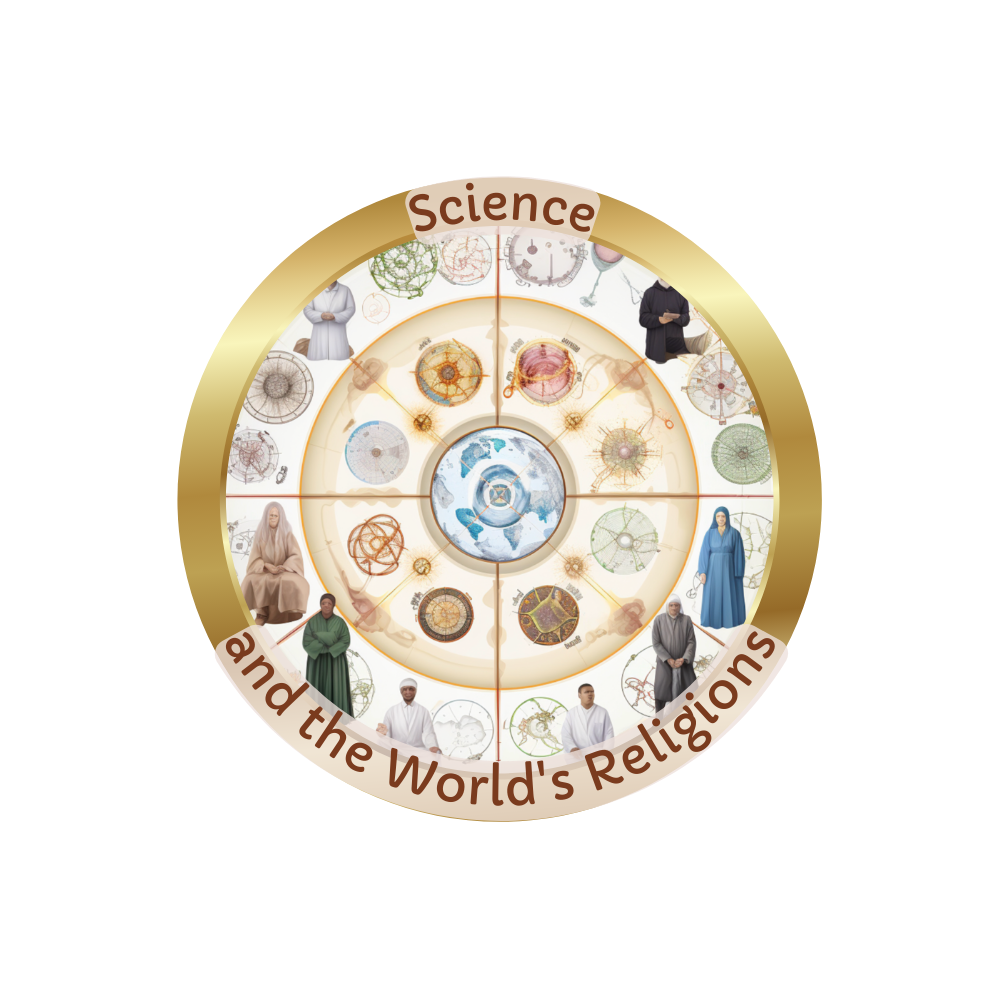
Resources: Science and the World’s Faiths.
Few issues have revealed deeper divisions in contemporary Western society than the debate between creationism and evolution, between religion and science. Meanwhile, the language of quantum theory is beginning to sound more and more like Buddhist mysticism. What contribution can the world’s faiths make to the wisdom we need, if we are to tackle the present human predicament?
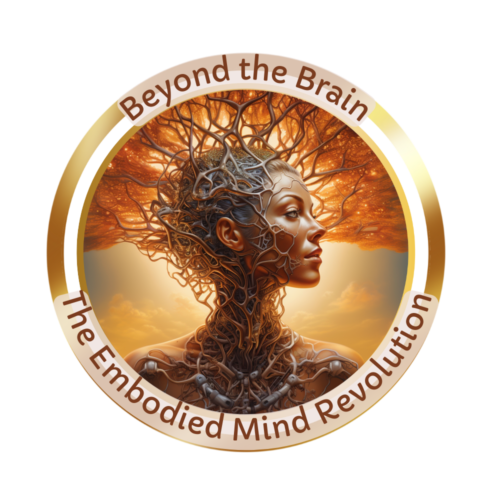
Resources: ‘The Embodied Mind’
The embodied mind paradigm offers a fresh understanding of how our minds work, highlighting the inseparable relationship between our bodies, experiences, and cognition. It recognizes that our thinking, perception, and even consciousness are not solely products of our brains, but emerge from the dynamic interactions between our bodies, sensory experiences, and the world around us. This perspective invites us to explore the profound impact of our embodied nature on our everyday lives, shaping how we perceive, understand, and engage with the world.

Module 10: Artificial Intelligence
This module builds upon the concept of the mind by exploring the frontiers of technology and the development of artificial intelligence (AI). It examines the current advancements in AI, its potential impact on society, and the ethical considerations surrounding its use. This new module will enable us to engage in discussions about the relationship between human consciousness, intelligence, and the potential implications of AI.
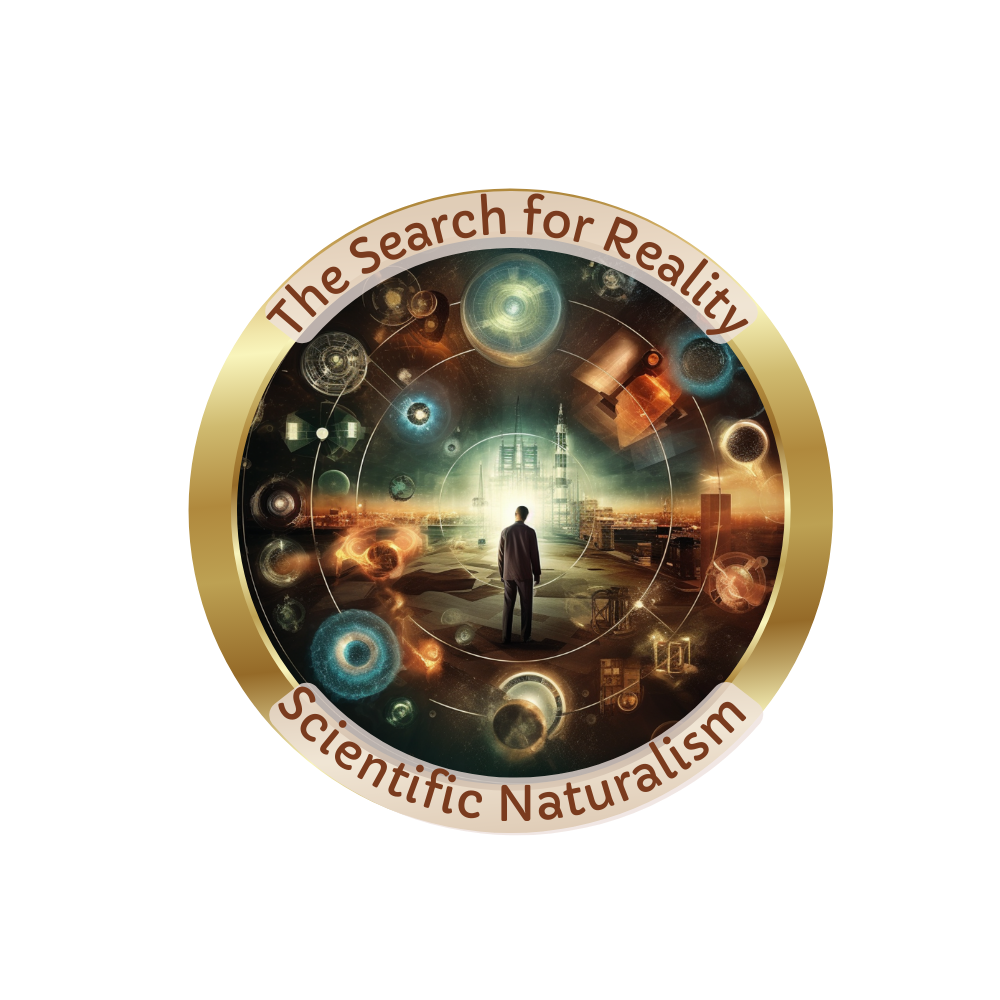
Module 11: Scientific Naturalism
Resources on this page concern the philosophical position of scientific materialism, which asserts that the physical world is the ultimate reality and that physical processes can explain all phenomena. After our discussions on the mind and AI, we can explore different philosophical perspectives on the nature of reality and the limitations of scientific materialism in explaining subjective experiences, consciousness, and spirituality.
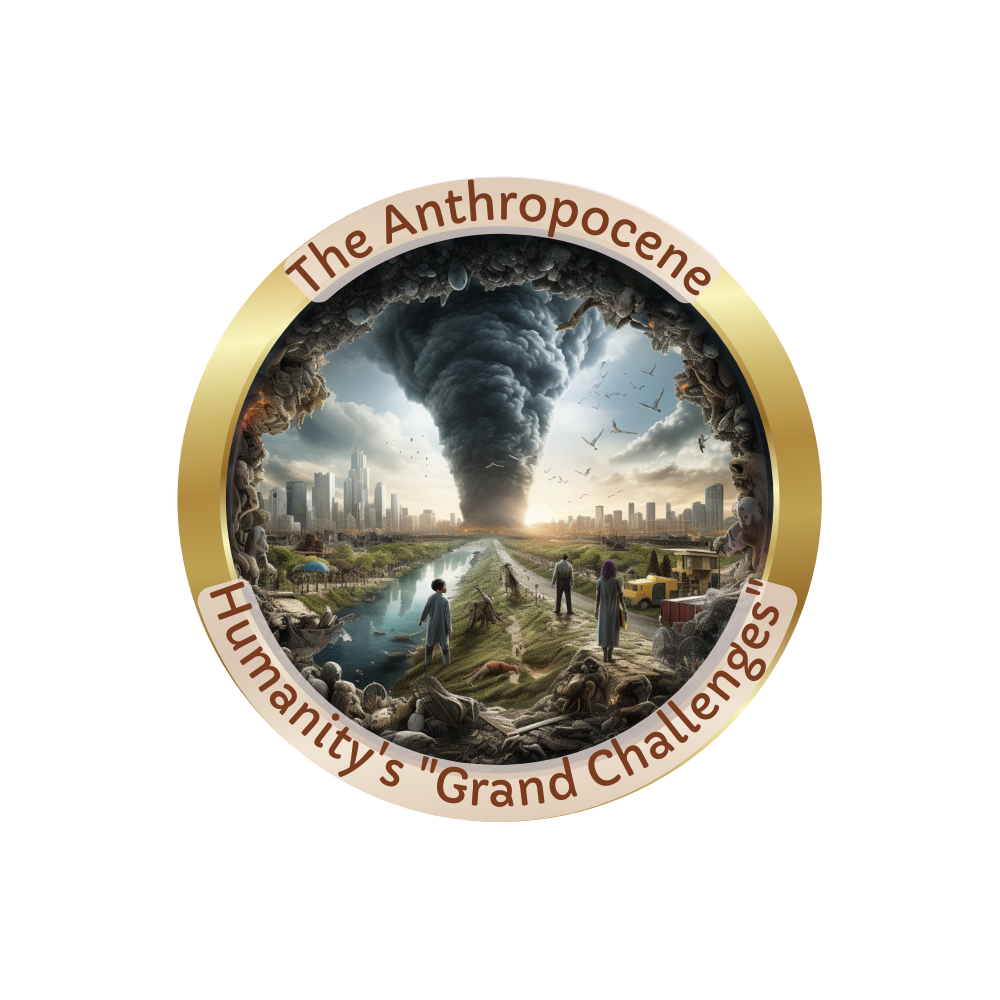
Module 12: Climate Change, the ‘Anthropocene’ and Humanity’s Response
Homo Sapiens has been hugely successful as a species. We may have evolved from other animals, but with the development of self-aware consciousness, we’ve transcended the limits of purely biological evolution. Through our unique abilities we’ve created the Anthropocene epoch on earth, full of amazing technological and artistic achievements. But in the process, we’ve brought about a crisis that threatens the planet with serious damage and our own species with extinction. Where can we find the wisdom to respond to this predicament?

